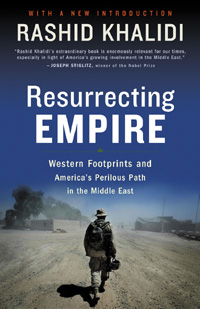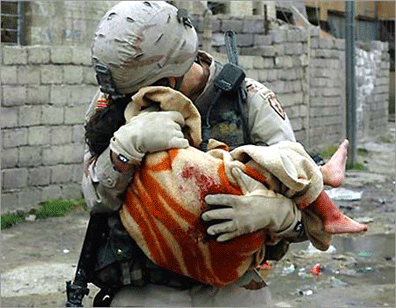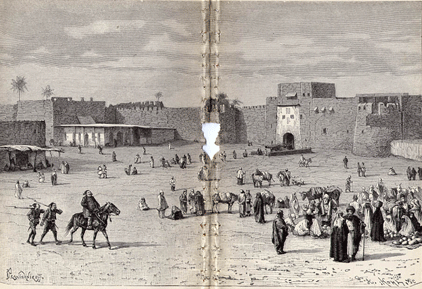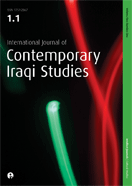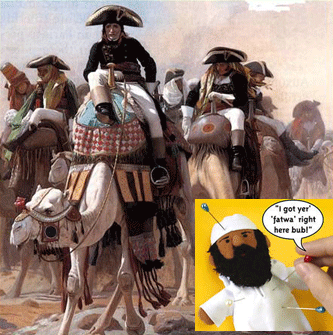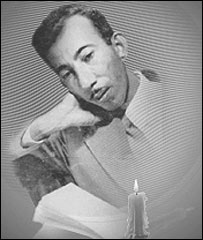
The Iraqi Poet Badr Shakir al-Sayyab
[Note: This is the twelfth in a series of translations of selected letters of the noted Iraqi poet Badr Shakir al-Sayyab. For more information on the poet, click here.]
Letter #12
Baghdad 3/12/1960
My Dear Beloved, Adunis,
Your letter arrived a long time ago. I would have responded to it before now had it not been for the mid-year examinations and the numerous corrections of notebooks that accompany it. I work now as a lecturer and not as an employee in the secondary schools due to the dire need for English teachers. I am one of them.
It is kind of you to remember your brother who loves you immensely and who respects you greatly both as a person and a poet.
I am still of the same opinion concerning my trip to Lebanon. It will take place during the summer, God willing. Would I succeed in finding a job sufficient to sustain me, my wife and my child? I do not know. However, I am prepared to teach even if that is my least desirable wish. Continue reading The Letters of Badr Shakir al-Sayyab: #12
